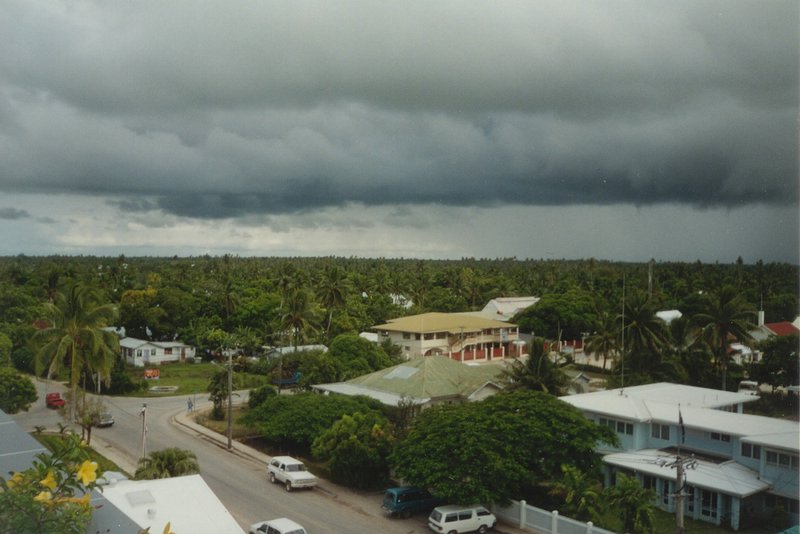In last year’s PNG economic update, Bob Warner and Eric Omuru warned that PNG would one day face this situation, highlighting the need for commodity boom revenues to be invested in productivity enhancing sectors which can generate long term economic benefits for the country. The global financial crisis appears to have brought that day to the present. The question is, however, has PNG made the requisite reforms and investments in human and physical capital to withstand a global economic downturn? Or will this commodity boom follow the path of previous decades and be followed by an economic bust?
Unlike previous booms, the Government has a large supply of unspent windfall revenues which it will be able to use to maintain expenditure levels at commodity boom levels for a number of years. Indeed, this will be the case in 2009 with the Budget foreshadowing a K600 million drawdown from Trust. Perhaps the most important difference between this and past bust cycles is the prospect of the ExxonMobil LNG Project. In the event that this project comes on-stream, and this is looking increasingly likely, the nature and structure of the PNG economy will fundamentally change. Although weaknesses in these calculations exist, ExxonMobil modelling predicts that the size of the PNG economy will more than double over the medium term, rising in real terms from K8.65 billion in 2006 to K18.2 billion. Oil and gas exports would increase more than four-fold, with the LNG project contributing an additional K11.4 billion, compared to total PNG oil and gas exports of K2.6 billion in 2006.
Significant reforms have been made this year to the system of intergovernmental financing. Following reforms to the Organic Law on Provincial Governments and Local-level Governments in July, new measures were introduced in the 2009 Budget to reduce the difference between each provincial government’s service delivery costs and the amount of revenue which they receive. This is a positive step forward as continued progress on this front, combined with improved accountability mechanisms, will bring provinces to a similar level of fiscal capacity to meet the costs of delivering a comparable set of basic services.
This optimism does mask some important challenges facing the country over coming years. The onset of the LNG project will create classic Dutch disease effects and put further pressure on the rural sector, which creates wealth and livelihoods for the vast majority of Papua New Guineans. The massive growth in output is also likely to spur on more growth in domestic liquidity and inflation. Again, this will disproportionately impact on the welfare of the poor.
More fundamentally, the LNG Project is likely to perpetuate what is already a highly commodity dependent economy. This has diverted, and is likely to continue to divert, much needed attention and focus away from more important economic challenges such as lowering the costs of the PNG’s pervasively expensive business and investment environment. Some progress was made in the airlines sector this year with the entrance of a Virgin Blue/Airlines PNG partnership dramatically lowering the cost of international flights. Nevertheless, national investment policies continue to be dominated by subsidies, concessions and monopoly trading rights. As a result, PNG fell back another 9 places in the 2009 World Bank Cost of Doing Business survey, now ranking 91st out of 121 developing countries.
Further microeconomic reform is needed if PNG is to set itself on a long term sustainable growth path.
—
Aaron Batten is PhD candidate in Economics the Australian National University. He is currently based at the National Research Institute in Port Moresby, Papua New Guinea.
This is part of the special feature: Reflections on developments in Asia in 2008 and the year ahead

